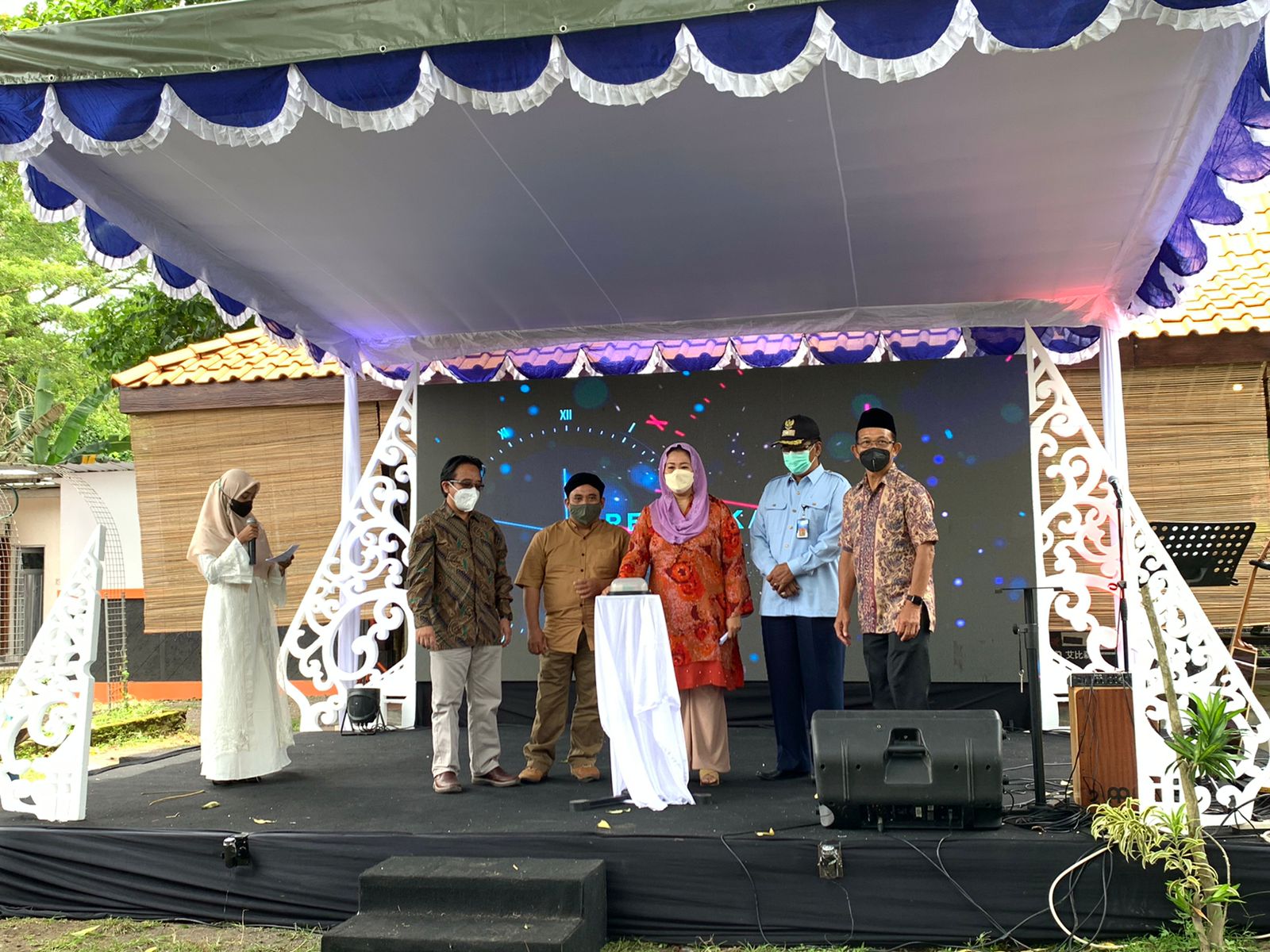JAKARTA – The digital economy in rural areas is emerging as a solution to economic inequality caused by the concentration of business activities in urban centers. In the future, a digital economic ecosystem could serve as a model for empowerment, driving growth in the real sector.
Sulis Usdoko, Director of PT Jamkrindo, highlighted how digital technology has eliminated geographical and time barriers, providing rural communities with greater access to economic resources. This is particularly beneficial since rural economies are largely driven by micro, small, and medium enterprises (MSMEs).
“The advancement of digital technology allows MSMEs to engage in the creative economy, fostering economic independence for rural communities. As a government-mandated institution tasked with empowering MSMEs, Jamkrindo is committed to promoting digital entrepreneurship,” Sulis said on Wednesday (23/2).
Jamkrindo's core business is credit guarantees for MSMEs receiving loans from financial institutions. However, beyond its primary role, Jamkrindo is also tasked by the government with community empowerment and MSME development, aiming to foster economic equality across regions.
One of Jamkrindo’s initiatives to support digital economic growth is its backing of the Pondok Pesantren Programmer Qoryatus Salam, launched in Yogyakarta on Tuesday (22/2). This project, initiated by the Wahid Institute, is supported by several institutions and is exclusively for female students (santriwati). The goal is to promote gender equality while nurturing a digital entrepreneurship mindset.
"A pesantren dedicated to female students with an additional curriculum in programming and coding is an innovative step toward achieving economic equality. It also serves as a solution to bridging the existing economic gap," Sulis emphasized.
As an advocate for entrepreneurship in rural and remote areas, Sulis believes that villages represent the future of Indonesia’s economy. There is a growing awareness among Indonesians about returning to villages and developing the economy from there. The COVID-19 pandemic has further accelerated the rise of agro-digital economies, creating new opportunities for economic accessibility and equality.
“Equal economic opportunities in rural and remote areas can be achieved through ecosystem development and multi-stakeholder collaboration. Thanks to digital technology, the vision of economic independence from villages can become a reality,” Sulis concluded.
Jamkrindo remains committed to supporting Sustainable Development Goals (SDGs) through community empowerment programs. It has implemented initiatives in various regions, including: Garut, West Java, Geopark Ciletuh, Sukabumi Regency, Kintamani, Bali, Larantuka, East Nusa Tenggara
By leveraging digital technology and fostering local entrepreneurship, these efforts contribute to a more inclusive and equitable economy for Indonesia’s rural communities.



